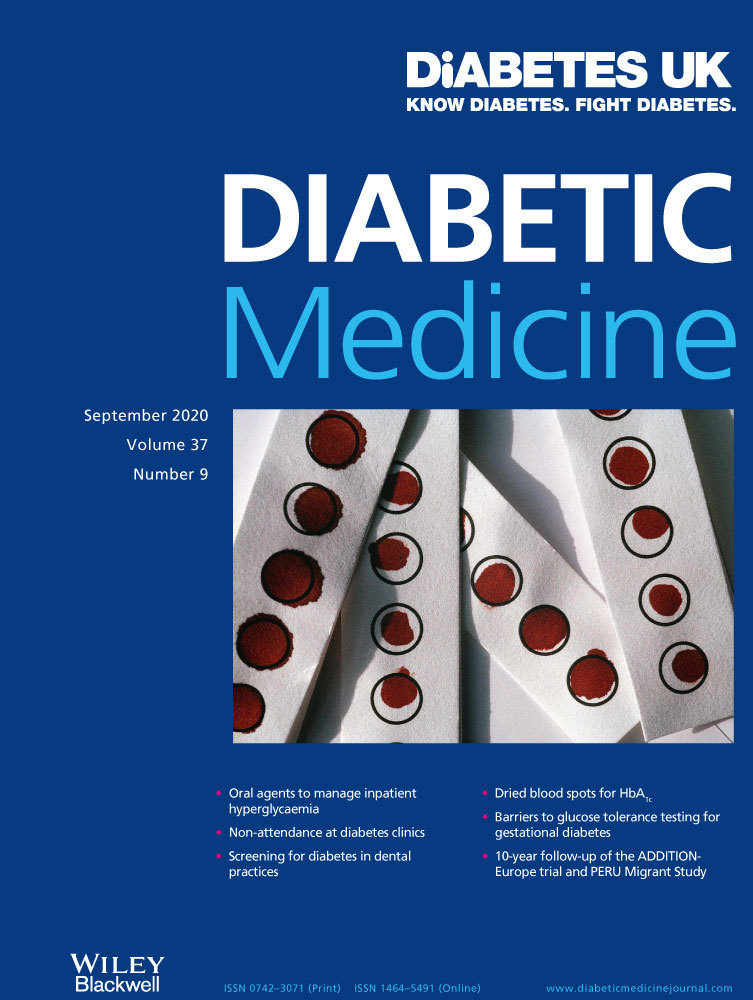Improving Outcomes Among Young Adults with type 1 diabetes: The D1 Now Randomised Pilot Study Protocol
Abstract
Background
Young adults (18-25 years old) living with type 1 diabetes mellitus often have sub-optimal glycaemic levels which can increase their risk of long term diabetes complications. Informed by health psychology theory and using a (public and patient involvement) young adult-centred approach, we have developed a complex intervention, entitled D1 Now, to improve outcomes in this target group. The D1 Now intervention includes three components; 1) a support-worker, 2) an interactive messaging system and 3) an agenda setting tool for use during clinic consultations.
Aims
The aim of the D1 Now pilot study is to gather and analyse acceptability and feasibility data to allow us to (1) refine the D1 Now intervention, and (2) determine the feasibility of a definitive Randomised Control Trial (RCT) of the intervention.
Methods
Diabetes clinics on the island of Ireland will be recruited and randomised to a D1 Now intervention arm or a usual care control arm. For a participant to be eligible they should be 18-25 years old and living with type 1 diabetes for at least 12 months. Participant outcomes (influenced by a Core Outcome Set) include change in HbA1c, clinic attendance, number of episodes of severe hypoglycaemia and of diabetic ketoacidosis, diabetes distress, self-management, quality of life and perceived level of control over diabetes; these will be will be measured at baseline and after 12 months follow-up for descriptive statistics only. An assessment of treatment fidelity, a health economic analysis and a qualitative sub-study will also be incorporated into the pilot study. ISRCTN (ref: ISRCTN74114336).
Conflicts of Interest
None.




